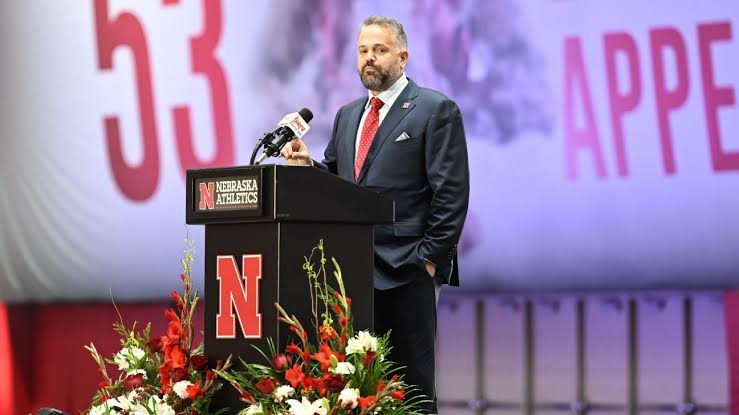
Lincoln — It looks that the custom of choosing Nebraska’s legislative leaders through secret balloting has endured for an additional year.
 State Senator Steve Erdman of Bayard’s proposal to release the votes online was rejected 26–16 on Thursday, failing to garner the 30 votes required to alter the legislative rules.
State Senator Steve Erdman of Bayard’s proposal to release the votes online was rejected 26–16 on Thursday, failing to garner the 30 votes required to alter the legislative rules.
A number of institutionalists argued in favour of allowing senators to continue choosing their leaders by ability rather than by preference for political factors.
A few Republicans abstained from voting.
Ten Democrats, five Republicans, and Omaha-based nonpartisan state senator Megan Hunt all opposed the change. A number of people debated the significance of being free from external influences. State Senator Justin Wayne of Omaha, a Democrat, was one of the votes in favour of the rule change.
Republican state senator from Seward, Jana Hughes, is opposed to the change and said her constituents are more interested in senators working on issues that affect Nebraskans than in them arguing over rules.
She cited Norfolk state senator Mike Flood at the time, who opposed efforts to abolish secret voting in 2021. He claimed that the modification jeopardised the Unicameral’s distinctively partisan character.
At the time, Flood remarked, “You’re going to change this to something that is partisan.” Now serving in the 1st District as a congressman, he represents a large portion of eastern Nebraska.
Hughes cited two opposing instances from Washington, D.C.: the House elects a leader in a public election, while the U.S. Senate chooses its leader through a secret ballot.
She stated that House Republicans had difficulty deciding on a speaker and getting behind them. She clarified that, in comparison, the Senate’s procedure has been more systematic and predictable.
“I don’t want to be more like Congress,” stated state senator Tom Brandt of Plymouth, one of her fellow Republicans who opposed the rule change. Observe how that is operating. It is not very effective.
The majority of Republicans cast yes votes.
The majority of Republican senators, including State Senator Lou Ann Linehan of Omaha, the head of the Legislature’s powerful Revenue Committee, supported Erdman’s proposal on Thursday.
When Linehan stated that changing this rule was not about Democrats but rather about Republicans imposing party discipline on Republicans, several senators laughed.
She said that she and other conservatives find it frustrating when candidates claim to be conservative while assisting in the appointment of progressives and other big spenders to committee leadership positions.
She claimed that secret ballots are one of the reasons why structural changes to property and income taxes have taken so long, and that the individuals in those positions have more sway than some realise.
“That bill has to go first, and we have had some very progressive chairmen of the Appropriations Committee, which writes the budget,” the speaker stated. Often, there isn’t enough money to pursue other options.
Erdman and state senator Brad von Gillern of Omaha, two other Republicans who favoured public votes for leadership, claimed the vote was about “transparency,” not partisanship.
The GOP has long advocated for reform.
The elimination of the secret ballot for legislative leadership has been a point of contention for both current and past Nebraska Republican Party leaders. The party persuaded Republicans to back the amendment.
The Nebraska GOP tweeted following the vote, saying, “This was about the Constitution and not partisan games.” “People and an accountable government are facing a sad day.”
The change was supported by state senator Kathleen Kauth of Omaha, who stated that senators were sent to Lincoln by the people to discuss and take tough votes on issues.








